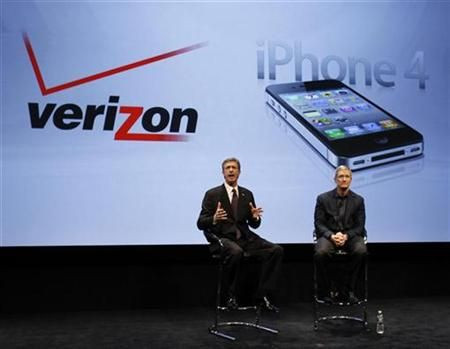Verizon Spying Controversy Confuses Executive, Implies Personal Privacy Is Gone

Personal privacy is at a premium on the Internet as major companies have continued to quietly monetize the information that customers voluntarily post about themselves. In Verizon’s new privacy policy, the phone and internet giant added a clause that allows the wireless company to share more of a customer’s data with advertisers.
Now, Verizon will monitor the websites Internet customers visit and how often someone visits those sites. Verzion subscribers will also be tracked through the location of their phone. The company is citing a customer-first attitude in instituting these changes, excusing the Big Brother connotations by saying advertisers will be able to better appeal to people if they know their web habits and physical location.
They will also keep a close eye on app usage. BGR.com reports that advertisers will be able to access someone’s information and be able to infer their demographic for the benefit of “private business and marketing reports” and “making mobile ads more relevant.”
Verizon did claim, however, that someone’s personal identity will never be at stake. Instead, companies will be able to decipher someone’s potential buying habits by determining if the apps they use are generally geared toward men or women, young or older people.
“Protecting data and safeguarding privacy are high priorities at Verizon,” the company said in a statement to BGR. “A local restaurant may want to advertise only to people who live within 10 miles, and we might help deliver that ad on a website without sharing information that identifies you personally.
“These aggregate reports could be used by web publishers to help provide content that is more appealing to users, or to help advertisers better select the ads they will display on outdoor billboards or at other venues.”
Verizon, perhaps recognizing the potential for controversy around the new policy, has made it possible for customers to opt out of the changes by going to the Privacy Center of the company’s website.
The uproar seemed to be lost on Bill Diggins, who is the U.S. chief for the Verizon Wireless marketing initiative. The executive told Slash Gear that Verizon is “able to view just everything that [users] do.” He also warned of the new policy as the logical next step, a sign of things to come.
“That’s really where data is going today,” he said. “Data is the new oil.”
© Copyright IBTimes 2024. All rights reserved.





















